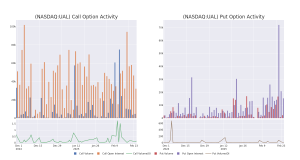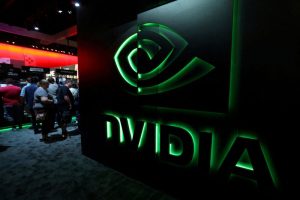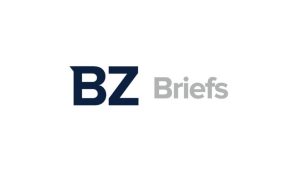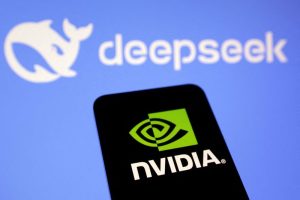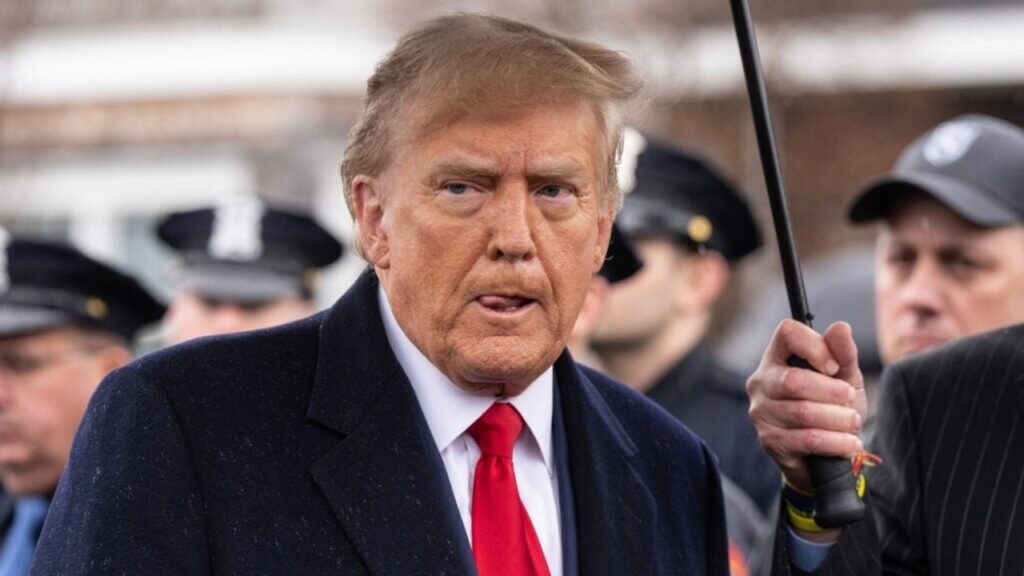
In a move to further tighten the noose on China’s burgeoning tech sector, President Donald Trump is reportedly considering stricter measures on the country’s semiconductor industry. This move is seen as an extension of efforts initiated under the Joe Biden administration to curb China’s technological advancement.
What Happened: Trump officials have been in talks with their Japanese and Dutch counterparts to limit the activities of engineers from Tokyo Electron Ltd. and ASML Holding NV ASML in China, Bloomberg reported on Tuesday, citing people familiar with the matter.
The aim is to get allies on board with the U.S. in imposing similar restrictions on China that have been placed on American semiconductor companies, including Lam Research Corp. LRCX, KLA Corp. KLAC, and Applied Materials Inc. AMAT.
The Trump administration is also exploring stricter controls on the global export of AI chips without a license. Washington’s broader objective is to hinder China’s advancement in building a domestic semiconductor industry that could enhance its AI and military capabilities.
According to the publication, implementation of these new regulations may take several months as the Trump administration selects staff for key federal agencies.
The White House did not immediately respond to Benzinga’s request for comment.
Why It Matters: In response to these reports, Lin Jian, from the Chinese foreign ministry, stated that such actions will obstruct the growth of the global semiconductor industry and also backfire, Reuters reported. Meanwhile, it also remains to be seen if Japan and the Netherlands echo the same thoughts as Trump.
This development comes on the heels of President Trump’s recent announcement of his intention to impose a 25% tariff on auto imports, chips, and pharmaceuticals. These tariffs, expected to take effect as early as April 2, have already caused a stir in international trade. The latest move to tighten restrictions on China’s tech sector is seen as a continuation of Trump’s aggressive trade policies, and could potentially escalate trade tensions between the U.S. and China.
Another report by the South China Morning Post suggests that Tencent Holdings TCEHY, Alibaba BABA and ByteDance have significantly increased demand for Nvidia’s NVDA H20 AI chip, driven by the surging popularity of DeepSeek‘s affordable AI models. This development also comes ahead of the tariffs and chip curbs likely to be imposed by the Trump administration.
Image via Shutterstock
Disclaimer: This content was partially produced with the help of AI tools and was reviewed and published by Benzinga editors.
Market News and Data brought to you by Benzinga APIs
© 2025 Benzinga.com. Benzinga does not provide investment advice. All rights reserved.
